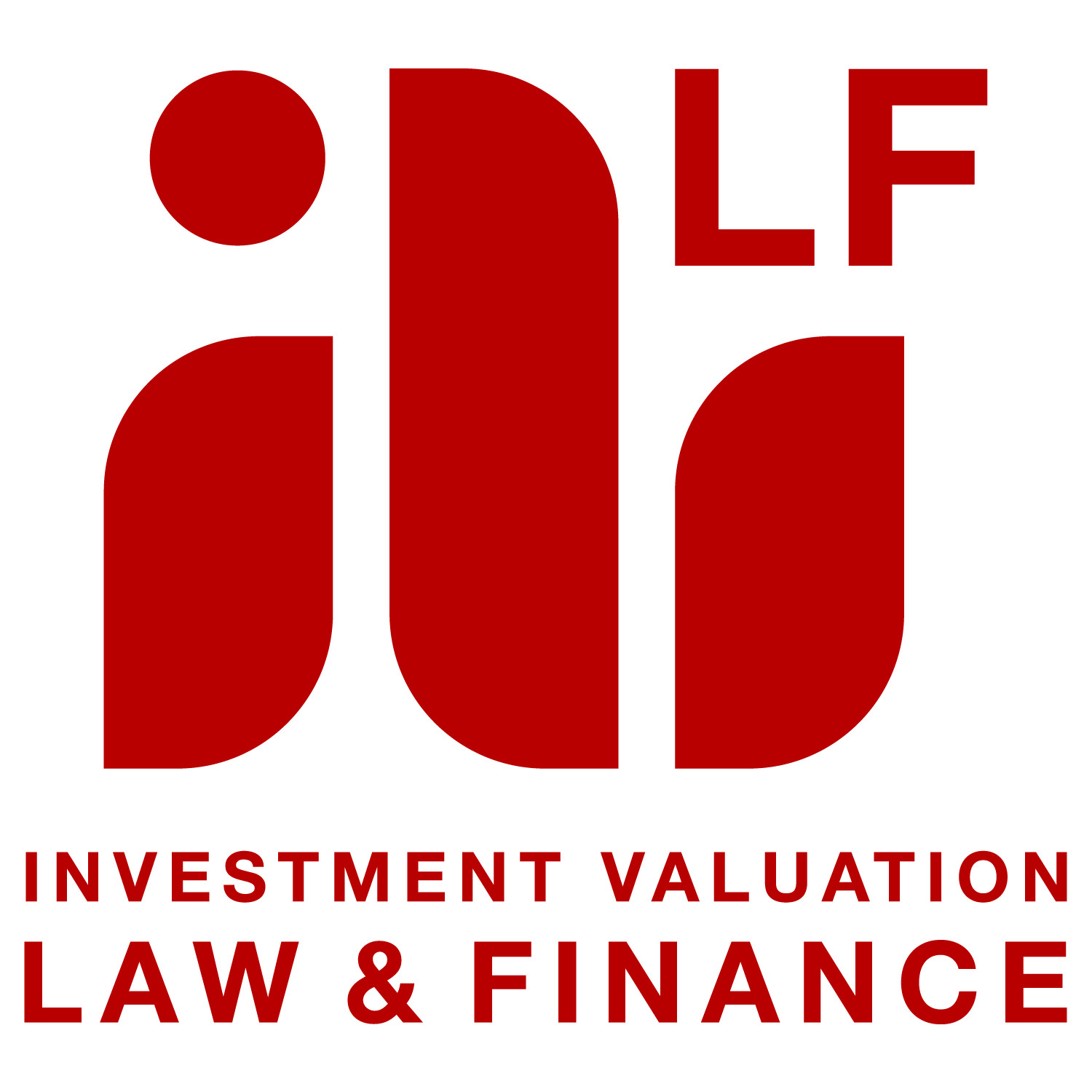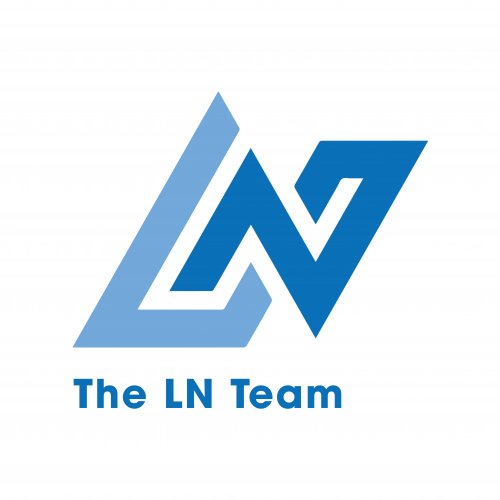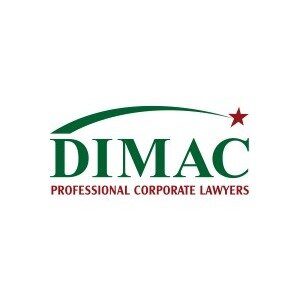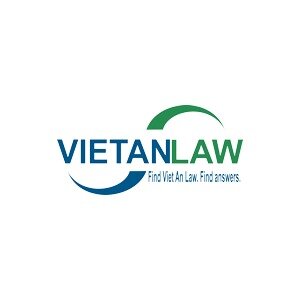Best Investment Lawyers in Vietnam
Share your needs with us, get contacted by law firms.
Free. Takes 2 min.
Or refine your search by selecting a city:
List of the best lawyers in Vietnam
![[DDC] DONG DU INTERNATIONAL ACCOUNTING, TAXES & LEGAL CONSULTING GROUP HCMC VIETNAM](https://lawzana.com/storage/firms/2690/17617306202399.jpg)
About Investment Law in Vietnam
Investment law in Vietnam is governed by the Investment Law 2020, reflecting the country's growing status as an emerging market and a hub for foreign investment. With its dynamic economy, strategic location, and wide array of government incentives, Vietnam offers numerous opportunities for both local and foreign investors. The law aims to create an open and transparent investment environment that encourages economic development while ensuring compliance with international trade rules. Key areas of focus include enterprise establishment, business cooperation contracts, investment incentives, and the dispute settlement mechanism.
Why You May Need a Lawyer
Engaging a lawyer may be essential for several reasons when investing in Vietnam:
- Navigating the complex regulatory environment: Vietnam's laws can be intricate, and professional legal assistance can help you understand and comply with the regulations.
- Obtaining necessary licenses and permits: Legal experts can guide you through the process of obtaining the necessary documentation to operate your business.
- Drafting and negotiating contracts: A lawyer can help draft contracts that protect your interests and are compliant with local laws.
- Understanding tax implications: Legal advice can clarify the fiscal responsibilities you might have and help optimize your tax position.
- Handling disputes or regulatory issues: In case of legal disputes or issues with regulatory bodies, a lawyer can represent and defend your interests.
Local Laws Overview
Key aspects of local laws relevant to investment in Vietnam include:
- Investment Forms: Investors can choose among various forms such as establishing new enterprises, business cooperation contracts, or acquiring stakes in existing companies.
- Incentive Programs: The government offers incentives, including tax exemptions and land use rights, for investments in prioritized areas such as technology, infrastructure, and education.
- Restricted and Conditional Sectors: Certain business sectors are restricted or conditional for foreign investors, such as national defense, banking, and telecommunications.
- Land Ownership: Foreign entities cannot own land but can lease land from the government or Vietnamese entities.
- Dispute Resolution: The law provides a framework for resolving disputes through negotiation, arbitration, or litigation, with a preference for arbitration.
Frequently Asked Questions
What are the main types of investment in Vietnam?
The main types of investment are the establishment of business entities, business cooperation contracts, capital contribution to or acquisition of shares in a local company, and public-private partnerships (PPP).
Can foreign investors own 100% of a company in Vietnam?
Yes, foreign investors can own 100% of a business, except in certain restricted or conditional sectors where local partnership or minimum local ownership is required.
What incentives does Vietnam offer to foreign investors?
Incentives include corporate income tax (CIT) exemptions, land rental reductions, and import duty exemptions, primarily for projects in high-tech, infrastructure, or socio-economical areas.
What are the restricted sectors for foreign investments?
Restricted sectors include those related to national security, media, and certain cultural industries. Conditional sectors may require joint ventures or special permissions.
How are disputes resolved under Vietnamese investment law?
Disputes can be resolved through negotiation, arbitration, or court litigation in Vietnam. International arbitration is also an option for foreign investors.
What is the procedure for forming a company in Vietnam?
The process involves registering the business, obtaining an investment registration certificate (IRC), establishing a legal entity, and obtaining relevant local permits and licenses.
How does the tax regime work for foreign investors?
Key taxes include corporate income tax (CIT), value-added tax (VAT), and import-export tariffs. The CIT rate is generally 20%, but incentives may lower it for certain sectors.
Can a foreign investor lease land in Vietnam?
Yes, foreign investors can lease land from the government or local entities, though ownership of land is not allowed under Vietnamese law.
Is it easy to repatriate profits from Vietnam?
Repatriation of profits is generally straightforward following the payment of all required financial obligations and taxes, with necessary documentation provided to banks.
Are there any restrictions on foreign loans to Vietnam-based companies?
Foreign loans with Vietnamese companies are permitted, but they must comply with foreign exchange regulations and registration with the State Bank of Vietnam.
Additional Resources
Consider visiting the following organizations and resources:
- The Ministry of Planning and Investment (MPI) - Provides guidelines and support for investors.
- The Vietnam Investment Review - Offers news and analysis about investment climate.
- The Vietnam Chamber of Commerce and Industry (VCCI) - Acts as a bridge between enterprises and the government.
- International Trade Administration - Provides detailed guides for doing business in Vietnam.
Next Steps
If you need legal assistance in investment, consider the following steps:
- Conduct preliminary research: Understand basic regulations and identify the nature of your investment.
- Consult legal professionals: Engage with law firms that have expertise in Vietnamese investment law and can offer personalized guidance.
- Prepare necessary documents: Work with professionals to ensure all registration and compliance documents are properly prepared and submitted.
- Connect with local partners: Establish relationships with local business entities to ease market entry and operation.
- Continuously review legal advice: Maintain an ongoing relationship with legal counsel to adapt to any regulatory changes.
Lawzana helps you find the best lawyers and law firms in Vietnam through a curated and pre-screened list of qualified legal professionals. Our platform offers rankings and detailed profiles of attorneys and law firms, allowing you to compare based on practice areas, including Investment, experience, and client feedback.
Each profile includes a description of the firm's areas of practice, client reviews, team members and partners, year of establishment, spoken languages, office locations, contact information, social media presence, and any published articles or resources. Most firms on our platform speak English and are experienced in both local and international legal matters.
Get a quote from top-rated law firms in Vietnam — quickly, securely, and without unnecessary hassle.
Disclaimer:
The information provided on this page is for general informational purposes only and does not constitute legal advice. While we strive to ensure the accuracy and relevance of the content, legal information may change over time, and interpretations of the law can vary. You should always consult with a qualified legal professional for advice specific to your situation.
We disclaim all liability for actions taken or not taken based on the content of this page. If you believe any information is incorrect or outdated, please contact us, and we will review and update it where appropriate.
Browse investment law firms by city in Vietnam
Refine your search by selecting a city.
















